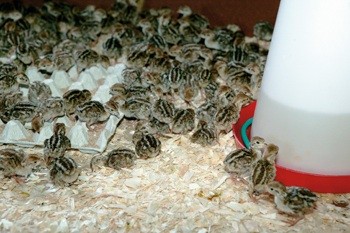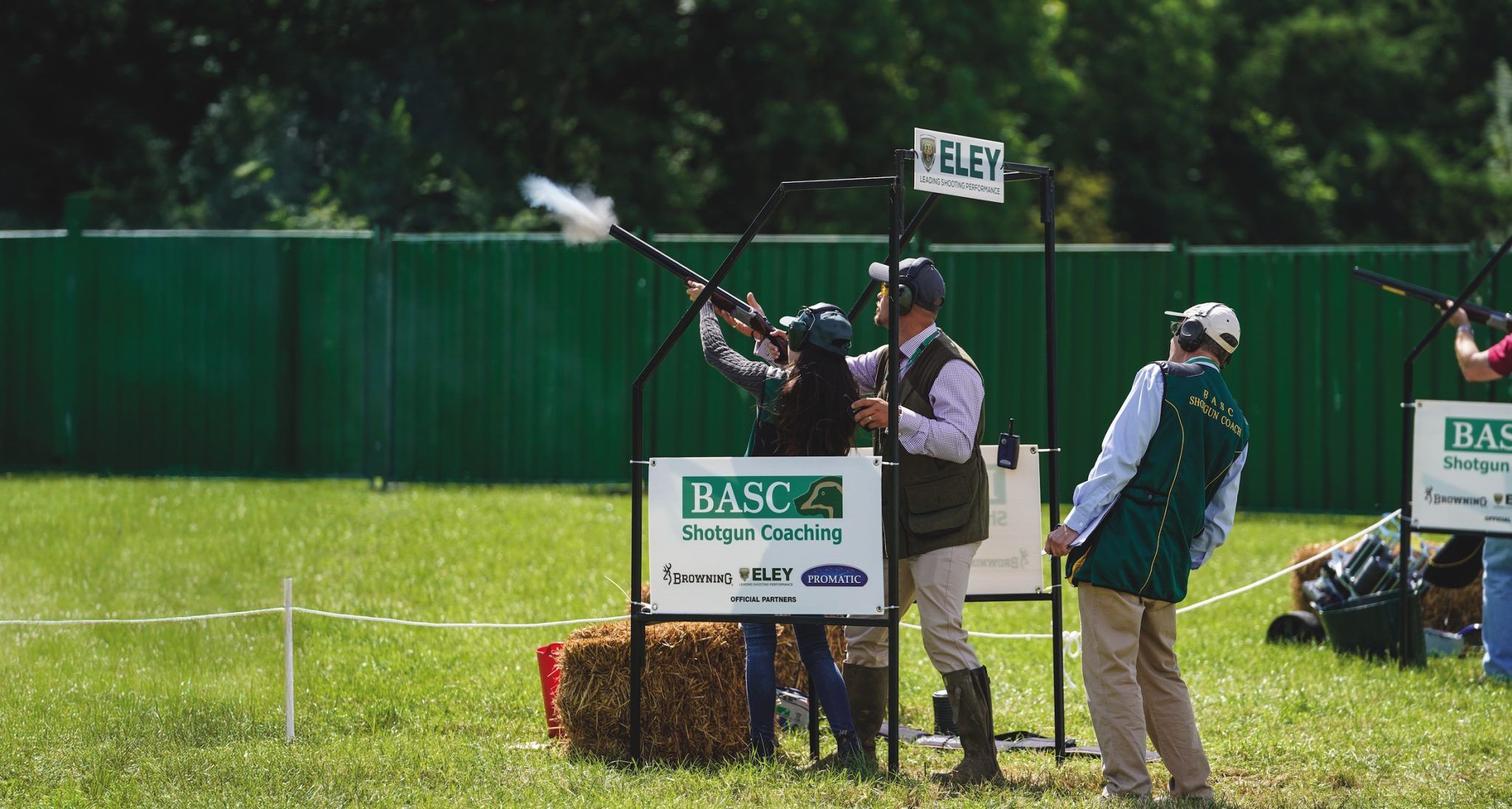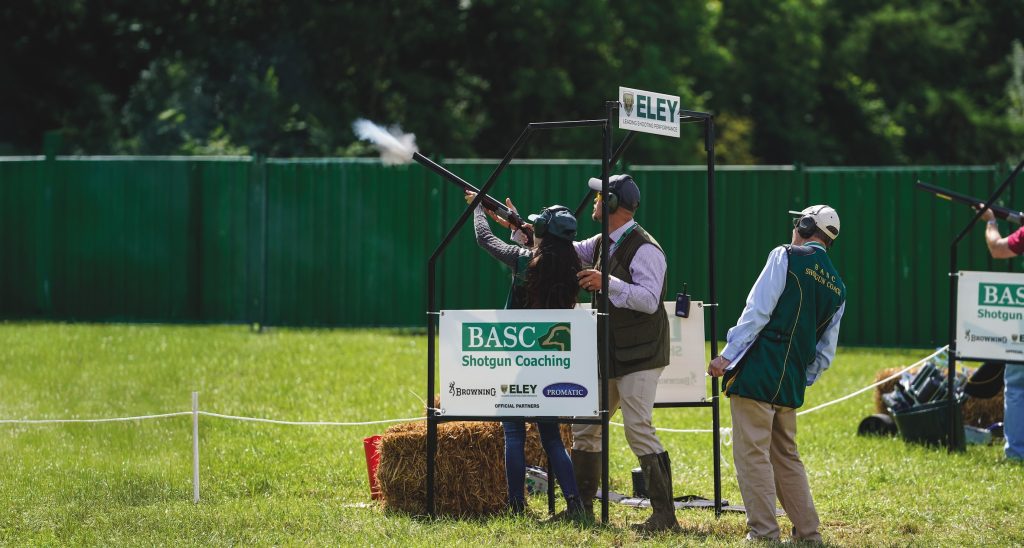News
Bird health: let’s talk about it
<strong>Increasing awareness of gamebird disease</strong>
Would you like to speak to our readers? We offer sponsored articles and advertising to put you in front of our audience. Find out more.
Over the past few weeks, many shoots, large and small, will have been considering where to source their birds for next season. Whether these are eggs, chicks or poults, gamekeepers like to know what breed they are; whether they are from the Continent or the UK; and what system they have been bred and reared in. However, in my experience, keepers rarely ask their supplier about the health of the birds they have ordered.
Too often, I am called in after a disease problem has been identified, when, in many cases, it could have been predicted and dealt with before it got out of hand. This lack of communication between keepers and gamefarmers sometimes stems from suppliers? fear of admitting to a history of disease in case they lose the sale or develop a bad reputation.
This problem does not always lie with the gamefarmers, however. It can stem from misunderstandings about gamebird disease among keepers, or the feeling that it is not their responsibility. Often there is a failure on both sides fully to recognise that the responsibility for the health of gamebirds is a shared one.
A supplier needs to know where and into what conditions the poults are being delivered ? the condition of the pen can cause a disease outbreak that could otherwise be avoided. Feed and water must be available and placed in the correct places so that poults can access them quickly. Everyone must be prepared for the delivery and there must be some flexibility on the part of the keeper.
Last year?s deliveries were relatively easy, as the weather was generally favourable for rearing. But in wetter, colder years it is important to move birds from a rearing field to fresh ground as soon as possible. This means that the keeper must be prepared to receive them at a time that suits the supplier, rather than the other way around.
Gamefarmers and keepers should be working together, after all, their goal is the same: producing healthy birds on the shoot day. When there is good communication between the two parties, the keeper will respect the gamefarmer for their honesty and the care they have taken; equally the gamefarmer will welcome the keeper?s input and the responsibility they will take for the birds they are buying.
Related articles
News
Duke's Challenge raises record-breaking £685,000 for GWCT
The shooting community has backed wildlife conservation in spectacular fashion, raising a record-breaking £685,000 for wildlife conservation
By Time Well Spent
News
‘So what exactly do you lot do, then?’
You’d be surprised how many projects staff and volunteers deliver, as well as BASC’s vital work helping members, says Conor O’Gorman
By Time Well Spent
Manage Consent
To provide the best experiences, we use technologies like cookies to store and/or access device information. Consenting to these technologies will allow us to process data such as browsing behavior or unique IDs on this site. Not consenting or withdrawing consent, may adversely affect certain features and functions.
Functional Always active
The technical storage or access is strictly necessary for the legitimate purpose of enabling the use of a specific service explicitly requested by the subscriber or user, or for the sole purpose of carrying out the transmission of a communication over an electronic communications network.
Preferences
The technical storage or access is necessary for the legitimate purpose of storing preferences that are not requested by the subscriber or user.
Statistics
The technical storage or access that is used exclusively for statistical purposes.
The technical storage or access that is used exclusively for anonymous statistical purposes. Without a subpoena, voluntary compliance on the part of your Internet Service Provider, or additional records from a third party, information stored or retrieved for this purpose alone cannot usually be used to identify you.
Marketing
The technical storage or access is required to create user profiles to send advertising, or to track the user on a website or across several websites for similar marketing purposes.





